News
Latest from the Coalition
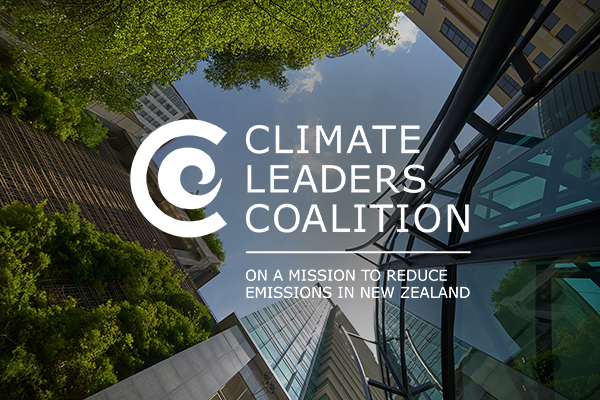
CLC and SBC welcome inquiry into bipartisan adaptation framework
SBC and CLC welcome Friday’s announcement from Government around a bipartisan inquiry into an enduring climate adaptation framework for New Zealand, which is consistent with the recommendations we have made in our pre-election policy priorities paper. “Such a...

Climate Leaders Coalition turns five – Jolie Hodson of Spark and Mike Burrell, SBC
The Climate Leaders Coalition turned five years old. Its signatories, which include some of NZ’s largest polluters, are a group of 88 companies that have committed to climate agenda and they’ve notched up some impressive achievements. Collectively they’ve reduced...

Businesses want consistent climate policy from new govt
Carbon News story about launch of CLC’s Fifth Anniversary Snapshot Report.

NBR article on Fifth Anniversary Snapshot Report
NBR article on the Coalition’s Fifth Anniversary Snapshot Report.
Search all news

IAG – Transitioning our corporate fleet
In early 2021 IAG New Zealand decided to transition our 270-strong corporate vehicle fleet to electric and hybrid cars. This decision was made as part of our commitment to reducing our carbon footprint and limiting the impacts of climate change. We have a science-based target to reduce emissions from electricity use and our vehicle fleet by 40% by 2025 (based on FY17 levels), and this change will help us deliver on that target.

Downer NZ switching fleet to electric
About 20 MG ZS EV SUVs will be distributed to Downer NZ’s vehicle fleet, with another 20 on order.
“We chose the MG ZS electric SUV as it takes just 45 minutes to charge to 80% on rapid charge and allows for up to 260km of travel per single full charge,” Downer NZ says.
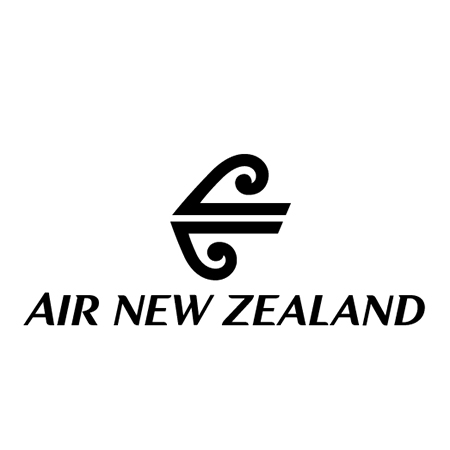
Air New Zealand and Airbus launch zero-emissions aircraft project
Air New Zealand and global aviation giant Airbus are joining forces to explore how zero-emission aircraft could be flown in New Zealand.
Under a memorandum of understanding with Airbus, Air New Zealand will analyse the impact hydrogen aircraft may have on its network, operations and infrastructure.

Fonterra reduces emissions from coal by 11% in last year
Fonterra says it has reduced its greehouse gas emissions from coal by 11 per cent in a year, primarily due to the conversation of its Te Awamutu site to using renewable wood pellets.
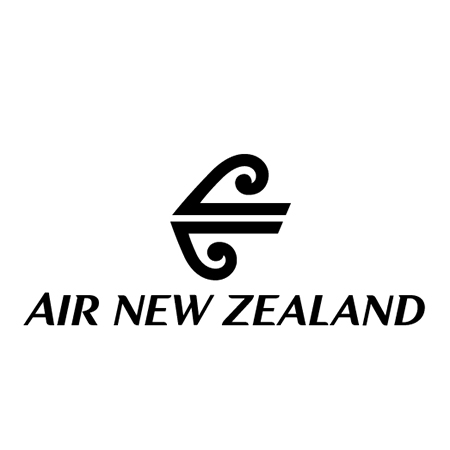
Air New Zealand plans to be flying electric aircraft by 2030
Air New Zealand is planning to have an electric aircraft in its fleet by 2030, and its turboprop fleets will eventually be replaced with aircraft powered by alternative energy, its chief pilot says.
In an interview for Capa – Centre of Aviation, Air New Zealand chief operational integrity and safety officer, David Morgan, said the national carrier, and the aviation industry, had to find solutions to reduce emissions and combat climate change.
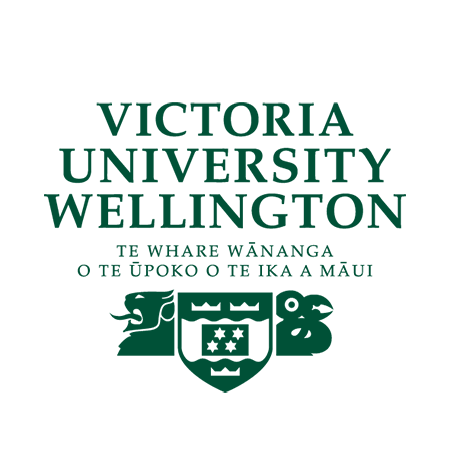
Victoria University – What te ao Māori can teach us about sustainable management
Walk into any boardroom or business school and you’ll often hear the same companies held up as models of excellence: Apple, Tesla, Google and so on. Sharing success stories from te ao Māori (the Māori world)? Not so much.
And that’s a shame. There are many of them, and they can teach us how to manage and grow organisations in sustainable ways that benefit the wider community – goals that often elude large Western businesses.
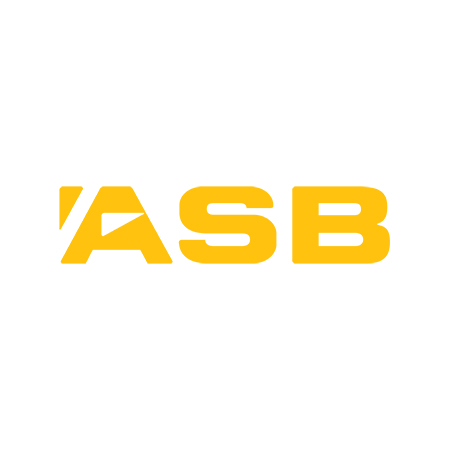
ASB – How one Otago farmer combined sustainable farming with premium merino
Alistair Campbell and his son Duncan run Earnscleugh Station, a high country farm in the heart of Central Otago. They’d be too modest to tell you, but they produce some of New Zealand’s highest quality merino sheep and beef studs. Recently they’ve set an ambitious challenge for themselves – to meet the highest standards for animal welfare and sustainability under the NZ Merino ZQRX index platform.
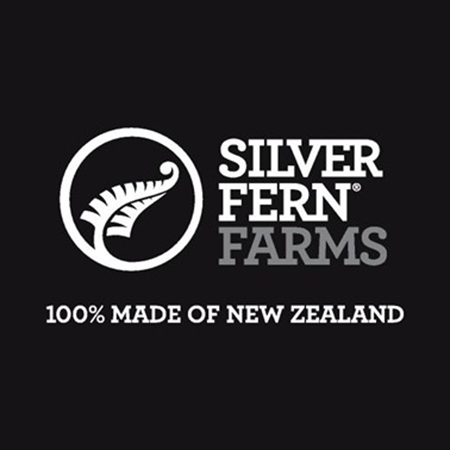
Silver Fern Farms – If you’re going to sell red meat…
If you’re going to sell red meat…
Then Silver Fern Farms is showing the best way.
Consider: Zero carbon Angus beef. Back to that in a moment.
In recent years SFF has been earnest about getting on the right side of environment-minded consumers.
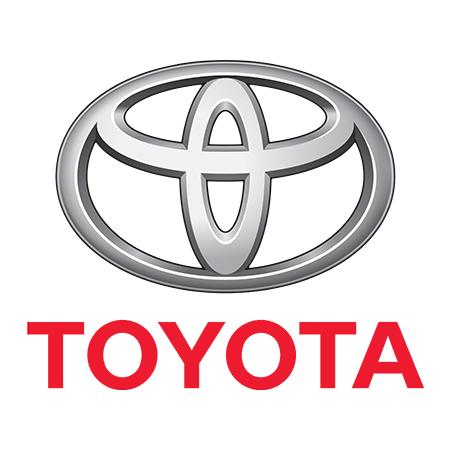
Toyota spending $19.3 billion to secure EV battery supplies
Toyota plans to spend 1.5 trillion yen (NZ$19.3 billion) on the supply and development of batteries for hybrid and electric vehicles by 2030, joining other global automakers boosting investments in anticipation of greater demand.
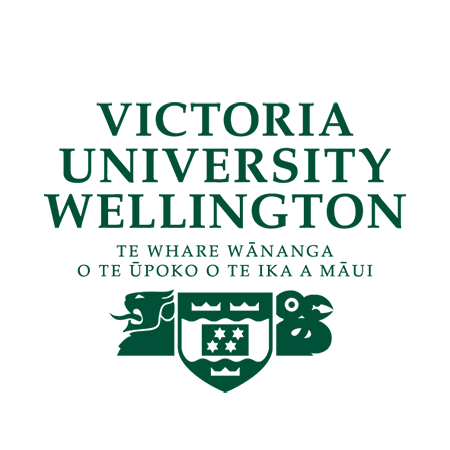
Victoria University – Smart ideas funded in 2021 Endeavour Fund
Four ‘smart ideas’ from Te Herenga Waka—Victoria University of Wellington researchers, about everything from 3D data storage and improving power infrastructure reliability, to undersea volcanoes and interactive design, have been funded in the 2021 Endeavour Fund.

Anderson Lloyd – Native trees to be planted on unusable forestry land to protect waterways
One of the country’s largest forestry plantation owners, Aratu Forests, has signed a 90-year agreement with eLandNZ to plant native trees on unusable land, creating permanent buffers alongside waterways.
The partnership, brokered by law firm Anderson Lloyd, plans to stop forestry waste, such as logs, from being washed into waterways by planting native trees on otherwise unusable stretches of land across 33,000 hectares of forestry plantation, mostly in the Gisborne region, forestry law specialist Dan Williams said.

Lion Pledges To Eliminate Plastic Shrink-wrap From Beer Packaging Within Two Years
Leading Australasian brewer Lion has announced that it will dramatically reduce the two largest sources of plastic in its packaging – plastic shrink-wrap and plastic labels on beer bottles.
The decision will remove more than 630 tonnes of plastic per year from circulation – keeping it out of landfill and away from our oceans.
